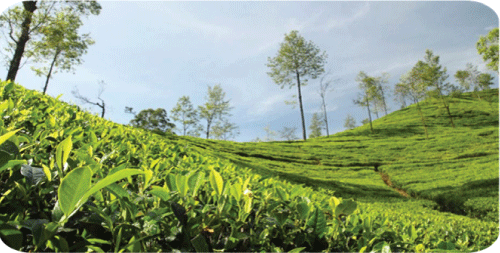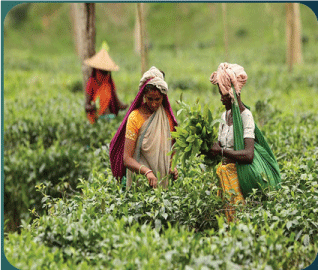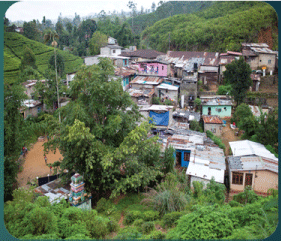What’s Women Know about Their Maternal Health and what’s They Practiced in An Underprivileged Community of Bangladesh
MA Halim1, Narayan Chandra Das1*, AKM Fazlur Rahman1, Abu Sayeed1, Abdullah1, Animesh Biswas1
1 Nila Pharmacy, 95/A/2, Razar Bag, Basabo, Sabuj Bag, Dhaka-1214, Bangladesh
*Corresponding Author: Narayan Chandra Das, Nila Pharmacy, 95/A/2, Razar Bag, Basabo, Sabuj Bag, Dhaka-1214, Bangladesh, TEL: +8801732948106; FAX: +8801732948106; E-mail:drncdas@gmail.com
Citation: MA Halim, Narayan Chandra Das, AKM Fazlur Rahman, Abu Sayeed, Abdullah, et al. (2020) What’s Women Know about Their Maternal Health and what’s They Practiced in An Underprivileged Community of Bangladesh. Archives Neurol Neurosurgery 3:115.
Copyright: : © 2020 Narayan Chandra Das, et al. This is an open-access article distributed under the terms of the Creative Commons Attribution License, which permits unrestricted use, distribution, and reproduction in any medium, provided the original author and source are credited
Received date: January 14, 2019; Accepted date: January 20, 2019; Published date: January 23, 2019.
Introduction
Every year around 5500 mothers are dying due to maternal complications in Bangladesh. A large number of deaths are still occurring in the marginalized community. Women living in the hard to reach tea gardens areas in Moulvibazar district, Sylhet, Bangladesh are struggling with early marriage, adolescent pregnancy and poor health seeking behavior during gestational period. Figure 1.

Figure 1
Aim
The study explored knowledge and practices on maternal health of women at reproductive age in the tea garden community of Moulvibazar district, Sylhet, Bangladesh.
Methods
A cross sectional study was performed. 25 gardens were selected purposively in Moulvibazar district, Sylhet, Bangladesh out of 92 gardens. 529 mothers aged between 15-49 years who had a live birth between 1 March 2015 and 29 February 2016 was enrolled. Structured pretested questionnaire was used for face to face interview. Descriptive analysis of findings was performed. Figure 2.

Figure 2
Results
The study revealed that over 56% of the women aged between 20-49 years did not know about antenatal care (ANC) during pregnancy, only 8% mothers aware of recommended four ANC. Whereas, 51% of women aged between 15-19 years also unaware of ANC and only 6% mothers aware of four ANC. 77% of mothers had their last delivery at home, 35% of them performed by the garden health care provider (paramedic) and rest of them conducted by untrained birth attendant. Only around 18% of the mothers had their post-natal care in the last pregnancy. 40% of the others don’t have any ideas of maternal complications during pregnancy.
Conclusions
Women living in the tea gardens are still behind of knowledge on antenatal, delivery and post-natal care. Specific intervention focusing improvement of knowledge and practices of women on maternal health issues can help to improve overall maternal health status of this marginalized group. This will reflect on overall reduction of maternal mortality to reach sustainable developmental goal by 2030. Figure 3.

Take Home Message
Bangladesh Government has taken different programs to change the living standard of the tea gardens population specially in health & education sectors.
Community clinic (CC) has been setup for more or less 6000 population with different health care services by the trained Community Health Care Provider (CHCP) where basic health care services including health education, treatment of common ailments like Diarrhea, Dysentery, Antenatal, Natal & post natal services, immunization program are ensured.
It is also a primary health care centre from where patients are referred to the secondary health care centers.
Primary education for all the children ageing from 6 years is compulsory fully free & providing books from the Government.
Insectides especially anti mosquito spray are sprayed to prevent from Malaria & Dengue for the tea gardens population of the Srimangal, Sylhet areas in Bangladesh.
